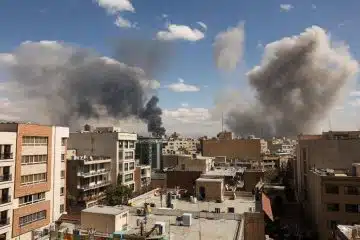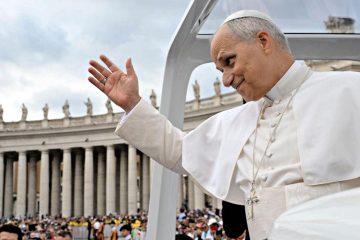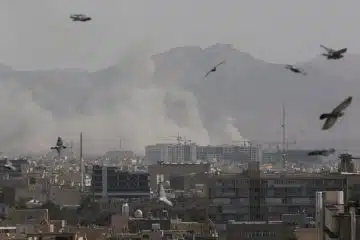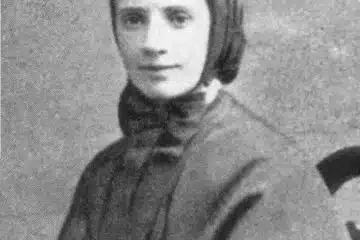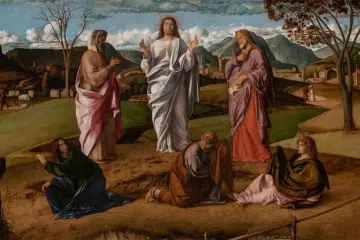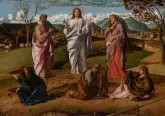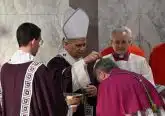What Keeps Me Catholic? Civic Responsibility
June 25, 2012
By Michael Daley
Before anyone dismissively accuses me of being blue, red or green, I want to say two things: 1) It’s a sin not to vote; and 2) the Tuesday after the first Monday in November should be a holy day of obligation (in America) celebrating the Feast of Civic Responsibility.
On the first point, it appears that I am in good (and papal) company. Speaking to the Congress of the International Union of Catholic Women’s Leagues in Rome on Sept. 11, 1947, Pope Pius XII said, “There is a heavy responsibility on everyone, man or woman, who has the right to vote, especially when the interests of religion are at stake; abstention in this case is in itself, it should be thoroughly understood, a grave and fatal sin of omission. On the contrary, to exercise, and exercise well, one’s right to vote is to work effectively for the true good of the people, as loyal defenders of the cause of God and of the church.”
Unfortunately, many view the political and democratic process as a graceless and barren wasteland. The potential exists, however, for it and the act of voting to be a real affirmation of faith, a moment of prayer if you will.
As is made clearer each day, political issues are never “value free.” They are full of moral and justice implications, or, more bluntly, political issues are moral and justice issues that must bear the imprint of our civic and faith voices. A document that can guide us in this process of civic discernment is “Forming Consciences for Faithful Citizenship” issued by the United States Conference of Catholic Bishops.
In “Faithful Citizenship,” the bishops note: “As Catholics, we are led to raise questions for political life other than ‘Are you better off than you were two or four years ago?’ Our focus is not on party affiliation, ideology, economics, or even competence and capacity to perform duties, as important as such issues are. Rather, we focus on what protects or threatens human life and dignity.”
For some, one remedy to the complexity of political life is to vote according to one major issue. Single issues are rarely that, though. There are a whole host of other issues connected with the “one” that was thought to stand alone. There is no easy way out then from the often contradictory messages of campaigns and politicians. It is this every situation that has left many Catholics politically homeless.
What’s a Catholic to do?
Ultimately, we must vote our conscience, guided, of course, by the wisdom of the church. Prayerful discernment is needed. Often this finds us choosing between the lesser of two evils. The religious absolute meets the political reality. This is especially true in a country as diverse and pluralistic as America.
It is good to remind ourselves here that people of goodwill and faith can and will disagree. Frustratingly, rather than leading to unity and conversation, political dialogue often devolves into polarization and discord. (Have you watched any television, visited websites or listened to the radio lately?) But as St. Ignatius says in the Spiritual Exercises: “Let it be presupposed that every good Christian is more ready to save his neighbor’s proposition than to condemn it.” Or, in other words, we need to give other peoples’ political persuasions the benefit of the doubt.
Thus we are left with what appears to be simultaneously both contradictory and complementary — faith and politics. The challenge of balancing the two awaits us. This, the bishops say, is our “dual heritage as both faithful Catholics and American citizens.”
So, whatever our political differences, we should all agree that there is no disagreement over the necessity of voting and civic engagement. In fact, it’s what keeps me Catholic.
Daley is a freelance writer and teacher at St. Xavier High School.



